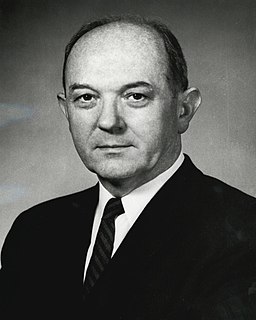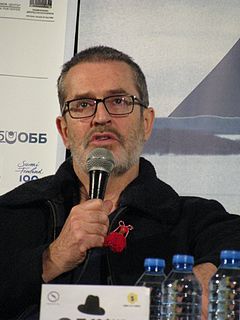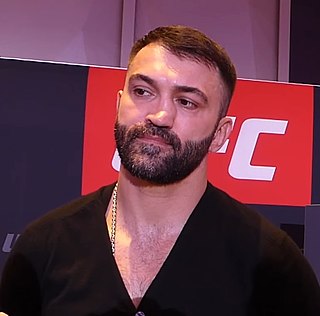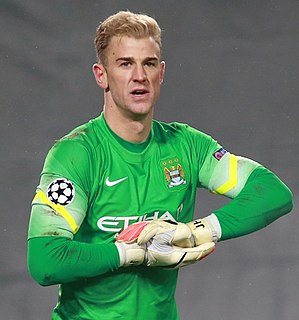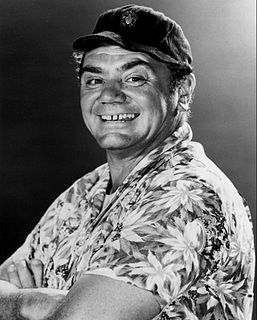A Quote by Martin Landau
My technique has always been to include all the periphery around me.
Related Quotes
My technique is laughable at times. I have developed a style of my own, I suppose, which creeps around. I don't have to have too much technique for it. I've developed the parts of my technique that are useful to me. I'll never be a very fast guitar player. I don't really know what to say about my style. There's always a melodic intent in there.
I would consider the principal threats to start with Russia. And it would certainly include any nations that are looking to intimidate nations around their periphery, regional nations nearby them, whether it be with weapons of mass destruction or I would call it unusual, unorthodox means of intimidating them.
I would consider the principal threats to start with Russia, and it would certainly include any nations that are looking to intimidate nations around their periphery, regional nations nearby them, whether it be with weapons of mass destruction or, I would call it, unusual, unorthodox means of intimidating them, that sort of thing.
My focus had always been the on-side. My coach wanted me to work on the offside strokes since he was convinced of my ability and timing on the leg side. I worked hard and firmed up my defensive technique. I am happy getting runs all around the wicket now, and getting a lot of boundaries. No one calls me a 'leggie batsman' anymore.
Is there deeply embedded change within our industry? And I would say, as a black filmmaker, it's easy for me to focus my attention on black work, but true change would include brown work, and it would include work by Asian-Americans, and it would include natives, and it would include women, and it would include more LGBTQ voices.
Part of me always felt like the other, the outsider, the observer. My father had two sons with his second wife, who I didn't meet until my late 20s. I was always on the periphery. In Madrid, I was the only Turk in a very international school, so I had to start thinking about identity. All these things affected me.
I've always been interested in queerness and underground and fringe and periphery, and who and what flourishes in those spaces. Those spaces that are darker and dingier and more dangerous, more lonely. What comes out of there, to me, is the life force. I'm excited when the center reaches over to those places and pulls inspiration from them, and translates it for a lot of people.

